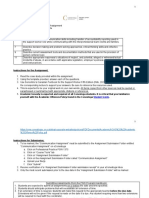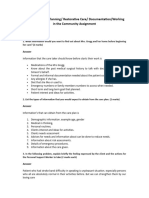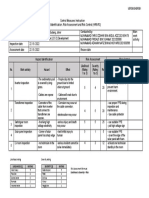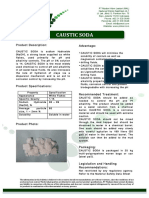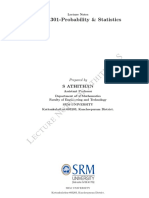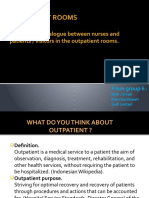0% found this document useful (0 votes)
32 views10 pagesModule 5 - Assignment - Corrected
The document discusses two cases of potential abuse involving elderly and vulnerable individuals. In the first case, a Personal Support Worker (PSW) observes signs of emotional and psychological abuse towards Mrs. Green by her daughter, prompting the PSW to consider reporting the situation for her safety. The second case involves Sarah, a new mother who reveals physical abuse from her husband, leading the PSW to recognize the importance of reporting the abuse despite Sarah's fears of disclosure.
Uploaded by
malobakevCopyright
© © All Rights Reserved
We take content rights seriously. If you suspect this is your content, claim it here.
Available Formats
Download as PDF, TXT or read online on Scribd
0% found this document useful (0 votes)
32 views10 pagesModule 5 - Assignment - Corrected
The document discusses two cases of potential abuse involving elderly and vulnerable individuals. In the first case, a Personal Support Worker (PSW) observes signs of emotional and psychological abuse towards Mrs. Green by her daughter, prompting the PSW to consider reporting the situation for her safety. The second case involves Sarah, a new mother who reveals physical abuse from her husband, leading the PSW to recognize the importance of reporting the abuse despite Sarah's fears of disclosure.
Uploaded by
malobakevCopyright
© © All Rights Reserved
We take content rights seriously. If you suspect this is your content, claim it here.
Available Formats
Download as PDF, TXT or read online on Scribd
/ 10













































